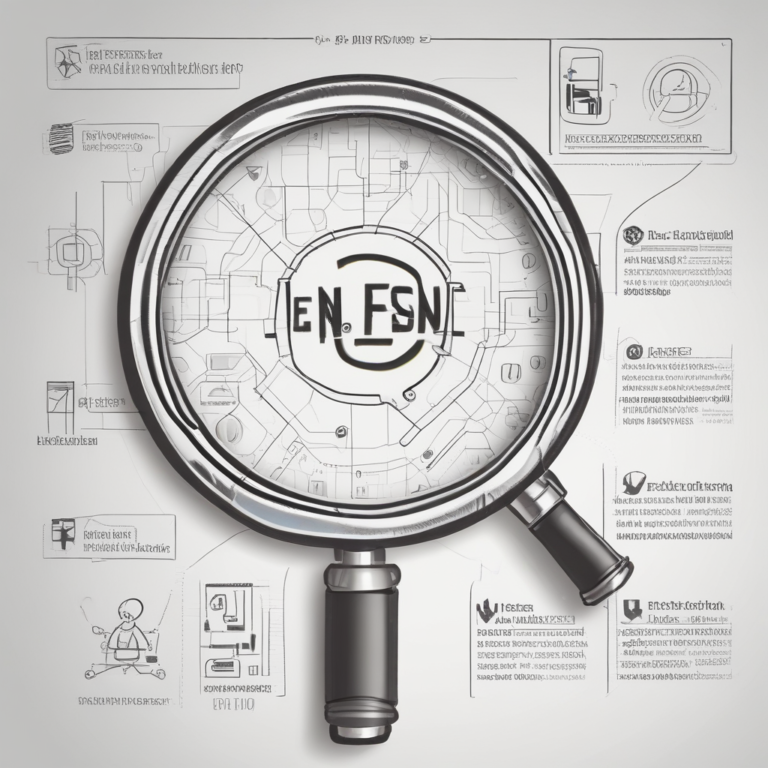Governance in the Age of Agentic AI
In the rapidly evolving landscape of cybersecurity, the role of governance has emerged as irreplaceable. As organizations increasingly adopt autonomous AI security agents to tackle complex threats, experts emphasize the importance of maintaining human oversight to ensure these agents operate effectively and ethically.
The Rise of Agentic AI
Agentic AI refers to autonomous generative AI systems that can adapt to changing contexts to achieve specific goals. These systems can become vital tools for cybersecurity teams, providing capabilities that extend beyond traditional methods. According to industry insights, every organization may soon have access to interactive agents that function as digital colleagues, collaborating with human workers to enhance security measures.
For instance, these agents might serve as research assistants, synthesizing information on various topics, or as analytics agents, helping to sift through vast amounts of raw data. Such innovations could lead to the development of specialized agents, such as a chef of staff agent, which could coordinate personal and professional schedules seamlessly.
Emphasizing Governance
In this context, the need for governance becomes increasingly critical. Experts argue that as AI capabilities expand, the governance role within cybersecurity must evolve to ensure that AI agents perform their intended functions and serve humanity positively.
Effective governance will require cybersecurity professionals to define clear parameters for AI tools, guiding their development and deployment. This includes ensuring that AI agents are aligned with organizational goals and ethical standards, thereby fostering trust in AI technologies.
The Value of Diversity
The discussion around AI governance is intricately linked to the concept of diversity. Given that attackers come from various backgrounds, it is essential for defenders to incorporate diverse perspectives into their security strategies. The AI systems developed for security must reflect this diversity to be truly effective.
Experts highlight that the cognitive diversity among team members enhances the ability to anticipate and respond to threats. Organizations that prioritize inclusive teams are better positioned to address the multifaceted challenges posed by increasingly sophisticated cyber threats.
The AI Threat Landscape
Despite the advantages that AI brings to cybersecurity, it also presents new challenges. As AI technology advances, it is anticipated that attacks will become more frequent and sophisticated. For example, the rate of password attacks has surged from 4,000 per second to 7,000 per second, illustrating the growing intensity of cyber threats.
With the rise of AI-enhanced attacks, security teams must adapt quickly to defend against these evolving threats. This includes leveraging AI tools to improve incident response times and enhance overall security postures.
AI Skills for Cybersecurity Professionals
The integration of AI into cybersecurity necessitates that professionals develop new skills. Leaders in the field must become AI leaders, focusing on how to incorporate AI into their strategies effectively. AI competency is no longer optional; it has become a necessity for success in the modern cybersecurity landscape.
Training and upskilling in AI will help cybersecurity professionals stay relevant and capable of addressing emerging threats. Organizations are encouraged to invest in AI training programs to equip their teams with the necessary tools to thrive in this new environment.
Conclusion
As the cybersecurity landscape continues to evolve with the integration of AI technologies, the importance of governance, diversity, and skill development cannot be overstated. Organizations must be proactive in defining how they use AI, ensuring that their approaches are ethical and effective.
By embracing these principles, cybersecurity teams can better prepare for the future, where AI is integral to their strategies and operations.









